Mozambique: Quelimane mayor handed four-month prison sentence for disobedience, commuted to a ...
Nyusi calls for “understanding and humility” in Mozambique peace talks
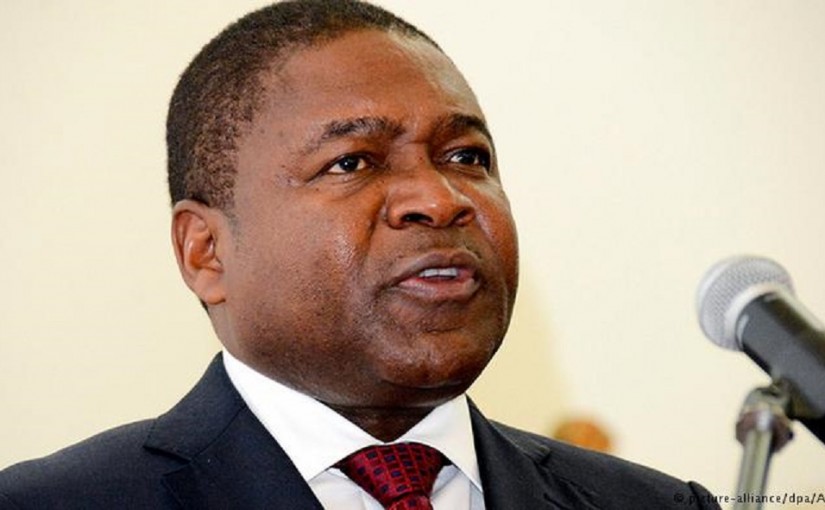
File photo / President Filipe Nyusi
Mozambican President Filipe Nyusi on Wednesday urged the members of two working groups set up under the dialogue between the government and the rebel movement Renamo to work within the same spirit that had guided the consensus achieved between himself and Renamo leader Afonso Dhlakama.
“We want you to replicate the understanding and humility with which we have been working, though this doesn’t mean that there are no different opinions”, said Nyusi.
He was speaking at a meeting in Maputo with the members of the two specialist working groups, and with the “contact group”, formed by seven ambassadors resident in the capital, which will play an advisory, technical and financial role.
The country is currently enjoying a truce: military hostilities came to a halt, as from 27 December, after phone conversations between Nyusi and Dhlakama, who has not yet left his headquarters in the central district of Gorongosa.
Nyusi told the Wednesday meeting that in his phone talks with Dhlakama, there were disagreements, “but with arguments and thoughtful considerations, we reached conclusions”.
In his latest contacts with Dhlakama, the two had agreed that the two groups, one on decentralization and the other on military questions, can begin working “because the Mozambican people are in a hurry to live definitively in peace”.
Each group consists of four members, two appointed by Nyusi and two by Dhlakama. For the group on decentralization, Nyusi appointed two academics and jurists, Albano Macie and Eduardo Chiziane. Renamo’s appointees to this group are Saimone Macuiana and Maria Joaquina, who are both former members of the National Elections Commission (CNE).
For the working group on military questions, Nyusi appointed two retired army officers, and veterans of the independence war, Gen Armando Panguene and Col Ismael Mangueira. The Renamo members of this group are parliamentary deputy Andre Magibire and Leovilgildo Buanancasso, who is currently a member of the Council of State, a body that advises the President of the Republic.
The Contact Group is chaired by the Swiss ambassador (Mirko Manzoni), and co-chaired by the American ambassador (Dean Pittman). The other five members of the group are the ambassadors of China, the European Union and Norway, and the High Commissioners of Botswana and of the United Kingdom.
“We have to find a way out so that we all feel proud”, said Nyusi, addressing the ambassadors in particular. “We also think the time has come to deal with the military questions of disarmament, demobilization, re-insertion, and monitoring. We will need a lot of resources which we will not be able to mobilize on our own. We are counting on our partners who always helped us in previous processes”.
Nyusi said that involvement by ambassadors resident in Maputo would be cheaper than relying on foreign mediators based outside the country. The dialogue with mediators last year had not been “very productive” and had suffered from “interference”.
In any case, he added, “we saw that the international mediators always consulted the people living here. It’s good when we are working directly with people who live here, know the reality and have authority”.
The task of the commission on military matters, he continued, should include mechanisms to monitor a definitive cessation of hostilities. So far, despite the lack of any national or international observation, the truce has held, and there were no reports of serious violations. “We want this to be definitive and not just another pause”, Nyusi stressed.
The task of the group on decentralization, the president said, was to draw up bills or constitutional amendments to be put before the Mozambican parliament, the Assembly of the Republic. “There is still a long way to go before this process can be owned by all Mozambicans”, he added.
He did not regard decentralization as a matter solely for the government and Renamo, noting that there are other voices in society with opinions on the matter, and “the specialist group has sufficient capacity and competence to respect these voices”.


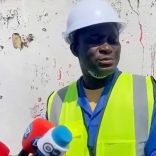
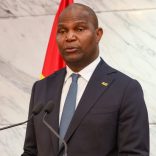

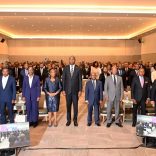
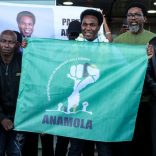
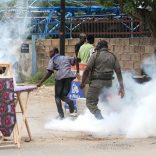





Leave a Reply
Be the First to Comment!
You must be logged in to post a comment.
You must be logged in to post a comment.